This article was co-authored by Courtney Copriviza. Courtney Copriviza is an Elementary School Teacher based in Maui, HI. Courtney specializes in elementary education, classroom management, and social and emotional development. She holds a BA in Communication with a minor in Urban Education and an MA in Teaching from Santa Clara University. Courtney has also taught high school in Madrid, Spain. She is a member of Kappa Delta Pi International Honors Society in Education.
This article has been viewed 44,048 times.
Handwriting is more than just a method of communication. It is an expression of your identity. In order to improve your handwriting in as little as 30 days, you will need to create a personalized improvement plan, practice daily, and work to refine your posture and technique. If you can dedicate 25 focused minutes per day to your handwriting practice, you can make noticeable improvements in about one month.
Steps
Creating Your Improvement Plan
-
1Download worksheets. The best way to improve your handwriting in a short amount of time is to use practice worksheets. There are numerous online resources that provide printable worksheets and exercises. Find some that seem appealing to you, download them, and print them out. You will need roughly 90 worksheets in total.
- You might visit https://studenthandouts.com/handwriting-worksheets/ to download worksheets.
- You can also visit http://www.softschools.com/handwriting/alphabets/ for worksheets.
- If you’d prefer, you can purchase a handwriting workbook, such as Write Now by Barbara Getty and Inga Dubay.
-
2Get a notebook and pen. In order to improve your handwriting, you will need a couple of tools: a pen or pencil that you like to write with and a notebook you can dedicate to this project. Choose a pen or pencil that feels comfortable in your hand, and choose a notebook that you like.[1]Advertisement
-
3Evaluate your handwriting. In order to improve your handwriting, you need to evaluate your starting point. Take out your pen and notebook and write a paragraph (at least 4-6 lines of text) about anything you want. Then spend some time carefully evaluating each aspect of your lettering. What are your strengths and weaknesses? [2] Try to notice:
- The shapes of your letters
- The slant of your words (and whether or not it is consistent)
- The spaces between letters and words
- The size of your letters
- The alignment of your writing (moving upward or downward; overlapping with other words)
-
4Identify some areas that need improvement. To improve your handwriting in 30 days, you need to focus on some specific elements you’d like to improve. Choose one or two elements of your handwriting that you’d really like to change, and focus on these as you practice.[3] Some areas for improvement might include:
- Letters that are squished together
- Letters that are too far apart
- Letters that are difficult to read
- Too sharp of an angle to your letters
-
5Look for inspiration. In order to improve your handwriting, it can be helpful to see examples of handwriting that you like. You can follow Instagram accounts dedicated to bullet journaling or calligraphy. Or you can visit some typography websites in order to see a wide variety of letter types.[4] Some websites include:
- Google fonts
- Typewolf
- MyFonts
- FontShop
-
6Set aside some time. In order for this to work in just 30 days, you have to be dedicated every day. Fortunately, you only need about 20–30 minutes of practice daily. Schedule your handwriting practice each day, and do not allow other obligations to get in the way.[5]
- It can be helpful to do this at the same time each day, so that you form a habit.
- If other people try to interrupt this time, explain that this is important to you.
Practicing Daily for One Month
-
1Complete three worksheets per day. Each day, the bulk of your practice will involve the handwriting worksheets you have chosen. Whether you are using downloaded worksheets, or you have purchased a workbook, the sheets should be organized from the most basic to the most difficult. Carefully complete three worksheets every day, following the instructions provided. Remember to focus on the one or two areas you specifically want to improve.
- This should take 15–20 minutes.
- If it takes you a bit longer, that’s OK. Just do as much as you can, and don’t rush.
-
2Refine each letter of the alphabet. The second part of your daily writing practice will be writing the entire alphabet (in capital and lowercase letters). As you do this, slowly refine each letter, creating the look you desire. Keep in mind the slant of your letters (aiming to be consistent), and the spacing between them.[6]
- Once you have refined your letters into the shapes you like, work on maintaining consistent letter forms.
- Spend around five minutes per day on your alphabet.
-
3Mimic the handwriting you admire. Look back at some of your handwriting inspirations from before. Each day, choose one that you’d like to emulate. Then try to copy the look of that handwriting, letter by letter. Pay attention to how they connect letters (or not), any decorative flourishes they use, and the shapes and angles they create.[7]
- Spend around five minutes per day on this.
-
4Find a project that inspires you. If you want to maintain an attractive handwriting, you will need to continue practicing even after your 30 days are up. Fortunately, you can make this fun, and put your new and improved handwriting to good use. Find a handwriting project that inspires you, and commit to working on it at least three times per week.[8] You might:
- Start a bullet journal
- Create a handwriting Instagram page
- Find a penpal and write letters
- Copy down inspiring quotes or song lyrics
Improving Your Writing Posture and Technique
-
1Practice good posture. The way you sit has a major impact on the way you write. Sit straight up in your chair with both of your feet on the floor.[9] Place your non-writing hand on the desk/table in front of you, and use it for balance as you write.[10]
- Keep in mind your work surface. A sturdy desk or table will allow you to maintain better posture and to write better.
-
2Stretch your hand and wrist. Particularly if you are not used to writing by hand, doing so can strain your hand and wrist. Roll your dominant wrist in circles and move your hand up and down to warm up your wrists. Then squeeze your hand into a fist and release it. This will help ready your muscles to write.[11]
- Repeat on the other side to maintain balance.
-
3Try different hand positions. The “proper” way to hold your pen is to grasp it between the tip of your first finger and tip of your thumb, allowing it to rest against your second finger. This is called the “dynamic tripod.” But recently, experts have stated that any of four hand positions can produce neat, legible handwriting. Find the grasp that feels most comfortable to you.[12] The four options are:
- Dynamic tripod
- Dynamic quadrupod - holding the pen between the tip of your second finger and tip of your thumb, allowing it rest against your third finger
- Lateral tripod - holding the pen between the tip of your first finger and the back of your thumb, wrapping your thumb around
- Lateral quadrupod - holding the pen between the tip of your second finger and the back of your thumb, wrapping your thumb around
-
4Draw shapes. Letters are combinations of basic shapes. In order to improve your handwriting technique, spend some time drawing shapes. Aim for consistency in the curves, corners, and angles. Pay attention to the space between shapes.[13] Practice drawing:
- Vertical lines
- Diagonal lines
- Circles
- Semi-circles
-
5Write big, bold letters. Once you feel that you’ve mastered your shapes and lines, move onto drawing large letters. Writing in larger print can help you to refine the details of each letter. Practice writing your letters until writing them clearly and consistently becomes habit. Then, begin to write smaller and smaller, until you are writing in a normal sized font.[14]
- It can help to start writing with a marker or crayon to refine your big, bold letters.
-
6Slow down. A key factor in the way you write is speed. If you want to improve your handwriting, slow yourself way down. This will make a big difference, particularly when you are practicing, but also anytime you write. Focus on the lines, spacing, and shapes of each letter.[15]
Expert Q&A
-
QuestionHow can I improve my handwriting?
 Courtney CoprivizaCourtney Copriviza is an Elementary School Teacher based in Maui, HI. Courtney specializes in elementary education, classroom management, and social and emotional development. She holds a BA in Communication with a minor in Urban Education and an MA in Teaching from Santa Clara University. Courtney has also taught high school in Madrid, Spain. She is a member of Kappa Delta Pi International Honors Society in Education.
Courtney CoprivizaCourtney Copriviza is an Elementary School Teacher based in Maui, HI. Courtney specializes in elementary education, classroom management, and social and emotional development. She holds a BA in Communication with a minor in Urban Education and an MA in Teaching from Santa Clara University. Courtney has also taught high school in Madrid, Spain. She is a member of Kappa Delta Pi International Honors Society in Education.
Elementary School Teacher You should hold your pen correctly. Be patient and construct the letters slowly.
You should hold your pen correctly. Be patient and construct the letters slowly. -
QuestionHow should I sit while writing?
 Courtney CoprivizaCourtney Copriviza is an Elementary School Teacher based in Maui, HI. Courtney specializes in elementary education, classroom management, and social and emotional development. She holds a BA in Communication with a minor in Urban Education and an MA in Teaching from Santa Clara University. Courtney has also taught high school in Madrid, Spain. She is a member of Kappa Delta Pi International Honors Society in Education.
Courtney CoprivizaCourtney Copriviza is an Elementary School Teacher based in Maui, HI. Courtney specializes in elementary education, classroom management, and social and emotional development. She holds a BA in Communication with a minor in Urban Education and an MA in Teaching from Santa Clara University. Courtney has also taught high school in Madrid, Spain. She is a member of Kappa Delta Pi International Honors Society in Education.
Elementary School Teacher You can sit on a chair and write on a desk. Keep your feet flat. Do not lean over or sit with your legs crossed.
You can sit on a chair and write on a desk. Keep your feet flat. Do not lean over or sit with your legs crossed. -
QuestionI'm in class 9 now. I have very poor handwriting. Can this method improve my handwriting?
 Community AnswerYes, this method will work for anyone. The key to improving your handwriting is practice and persistence.
Community AnswerYes, this method will work for anyone. The key to improving your handwriting is practice and persistence.
References
- ↑ https://creativemarket.com/blog/improve-handwriting-challenge
- ↑ https://creativemarket.com/blog/improve-handwriting-challenge
- ↑ https://creativemarket.com/blog/improve-handwriting-challenge
- ↑ https://www.smashingmagazine.com/2008/04/beautiful-handwriting-lettering-and-calligraphy/
- ↑ https://creativemarket.com/blog/improve-handwriting-challenge
- ↑ https://creativemarket.com/blog/improve-handwriting-challenge
- ↑ https://creativemarket.com/blog/improve-handwriting-challenge
- ↑ http://bulletjournal.com/how-to-improve-your-handwriting/
- ↑ Courtney Copriviza. Elementary School Teacher. Expert Interview. 18 June 2021.
- ↑ http://bulletjournal.com/how-to-improve-your-handwriting/
- ↑ https://creativemarket.com/blog/improve-handwriting-challenge
- ↑ http://ajot.aota.org/article.aspx?articleid=1851631
- ↑ https://creativemarket.com/blog/improve-handwriting-challenge
- ↑ http://bulletjournal.com/how-to-improve-your-handwriting/
- ↑ http://bulletjournal.com/how-to-improve-your-handwriting/





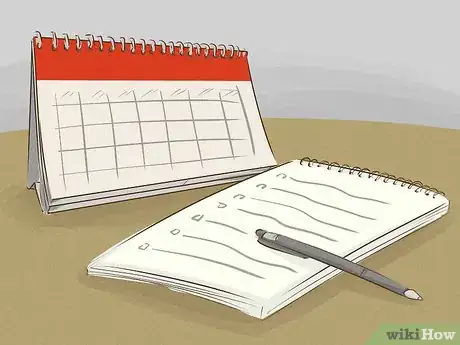
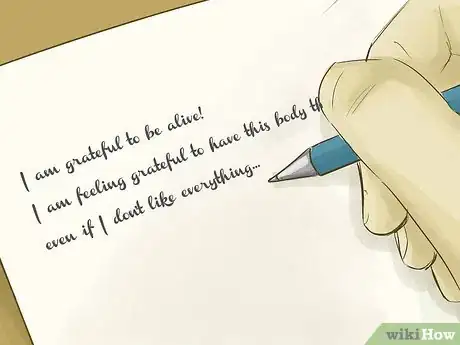



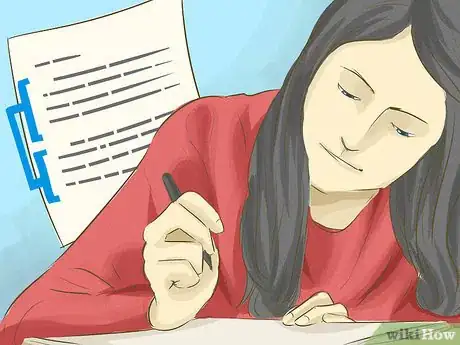

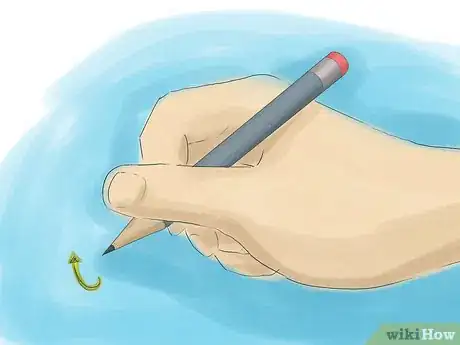
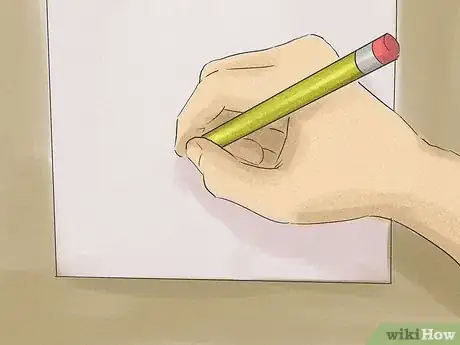

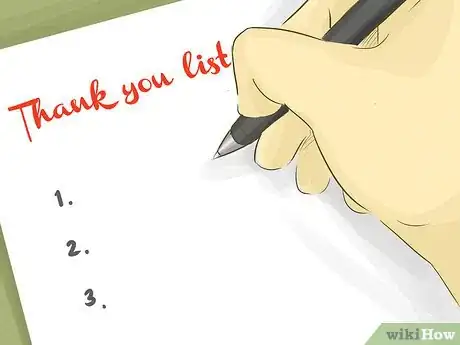
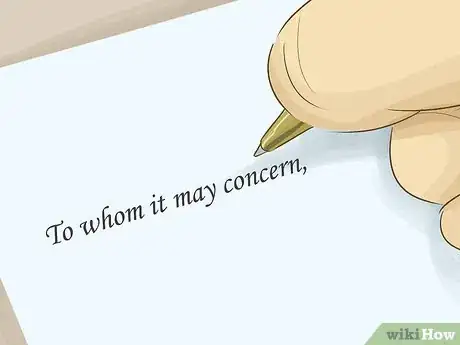
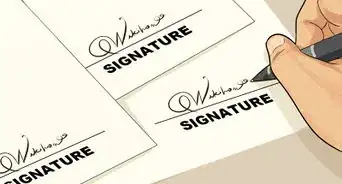

-Step-11-Version-3.webp)




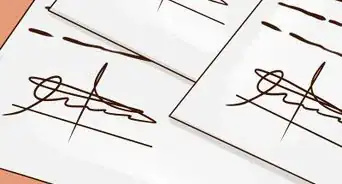
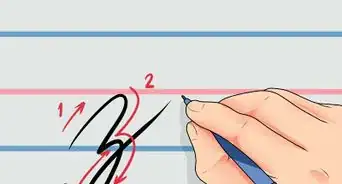

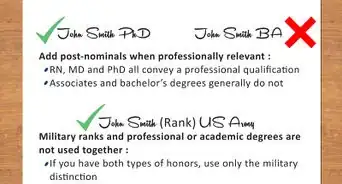

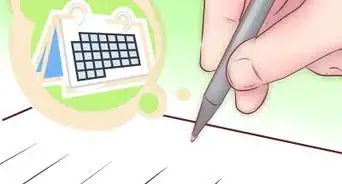






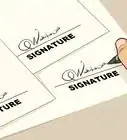

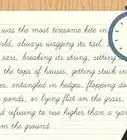
-Step-11-Version-3.webp)


































